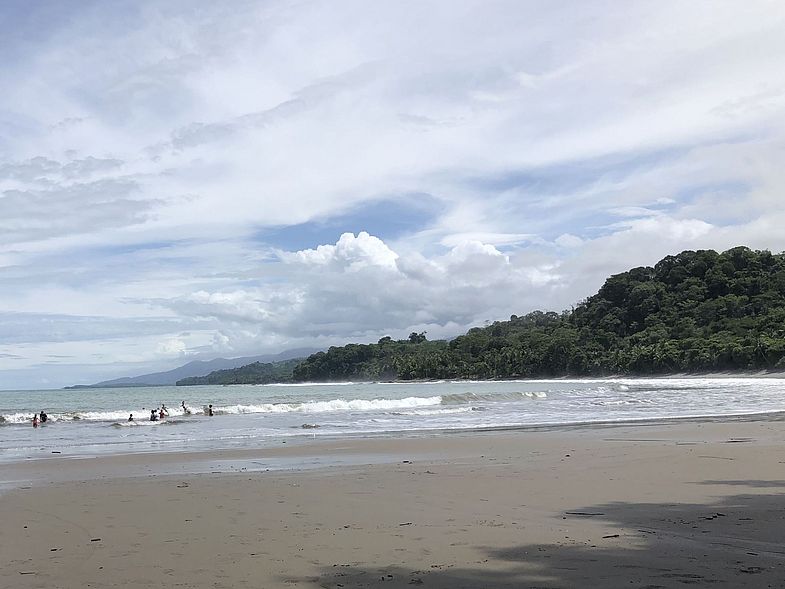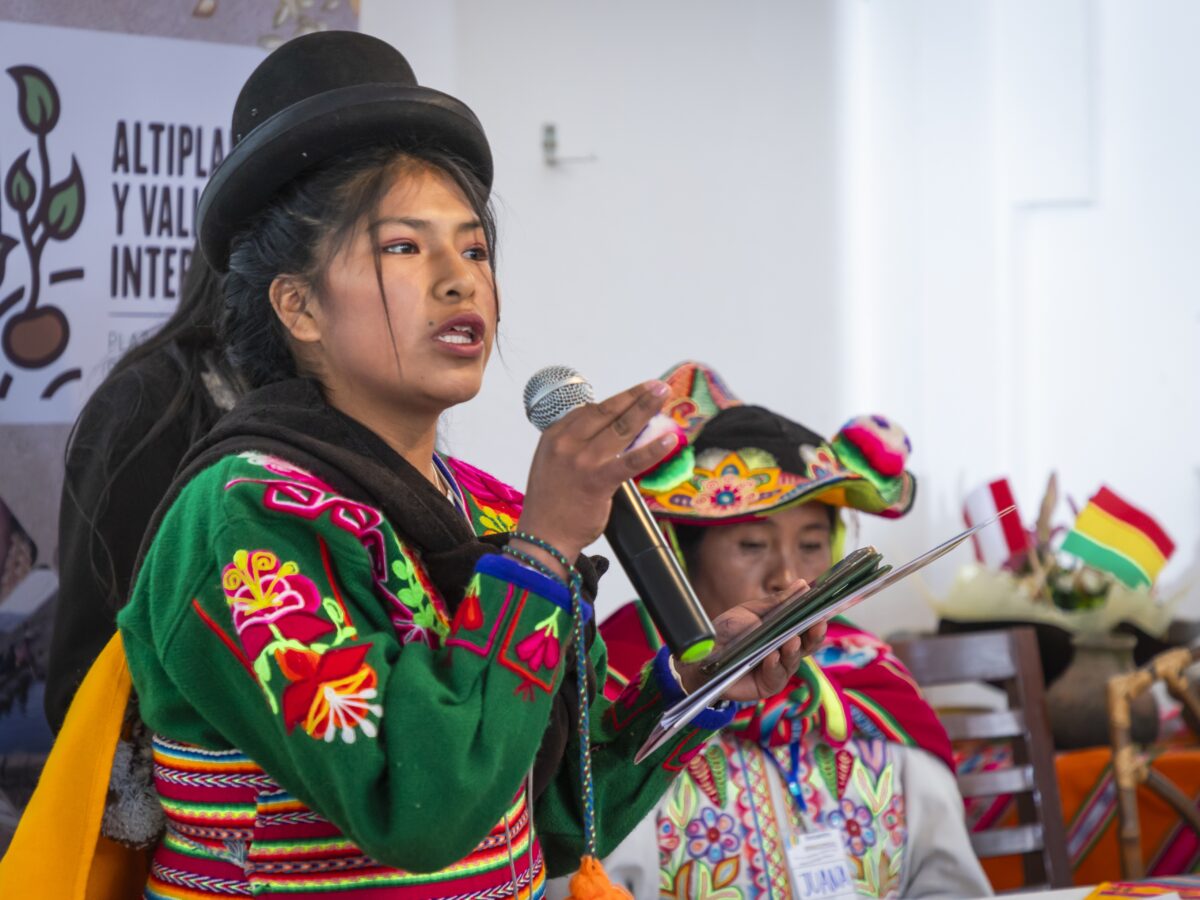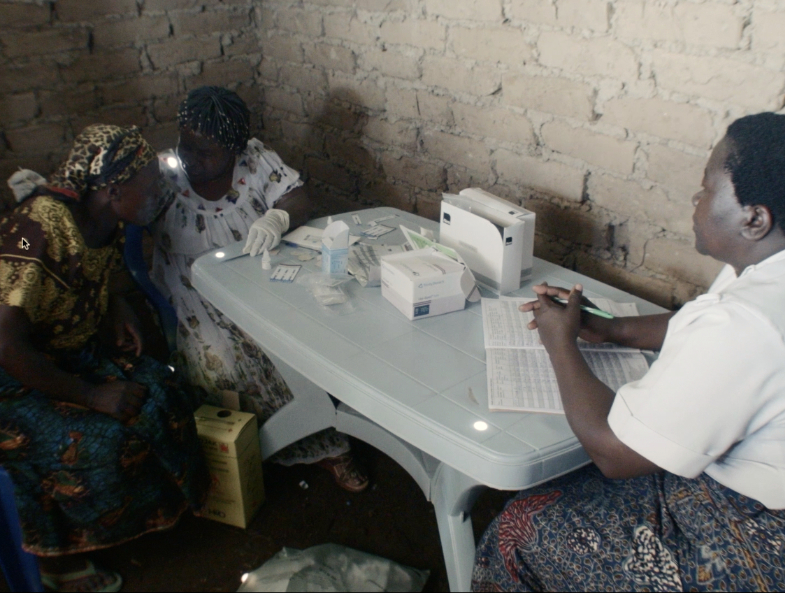1) Why are you taking a sabbatical? And why in Latin America in particular?
After 25 years in the pastorate, a break is very good. I was attracted by the challenge of spending a longer time in a completely different context, whose language I am just learning...
2) Why did you choose this sabbatical from Mission 21's offer at UBL Bible University in Costa Rica?
I knew that Mission 21 arranges sabbaticals, and Latin America was closer to me than Asia. I had already spent two months in Latin America 30 years ago. At that time I was visiting an exchange student who - through Mission 21 - was studying theology in Buenos Aires. Last but not least, the climatic conditions are good for me. In San José, 1300 meters above sea level, it is usually around 25 degrees Celsius.
3) Did you have contact with Mission 21 before the sabbatical?
Yes, my mother was already working in the "Mission Association" of our former parish; later I was a guest at Mission 21 for a morning each year at confirmation camp, among other things.
Matthias Bordt during his sabbatical in Costa Rica. Photo: D. Fulda
4) Which course at UBL do you find particularly interesting?
I am taking two courses as a listener: Hermeneutics (with Elisabeth Cook) and Sociology of the Old Testament (with José Ramirez). In both courses, the textual interpretations and updates are the most interesting for me, along with the contributions of fellow students who often share very personal things in the small group (we are five to a maximum of 15 participants).
5) Where do you live in Costa Rica?
I live together with the other presence students in a very simple but clean dormitory on the beautiful campus. We shop together at the weekly market and help each other out with all kinds of things. It has to be said that over the last few years UBL has become a distance university and the vast majority of students discuss via online forums. This is partly due to the fact that theologians from all over Latin America study at UBL, so the distances are very long, but also because many students have jobs (some of them already in parishes).
Matthias Bordt describes the dormitory on campus as a little paradise. Photo: M. Bordt
6) What has been your funniest experience so far?
I have turned with the rental car a few times wrong into one-way streets - they are not always written. Immediately I was made aware of my mistake by pedestrians gesticulating wildly! In addition, language differences (also between the students from different Latin American countries) are again and again cause for misunderstandings and corresponding laughs.
7) How is the Protestant Church in Costa Rica different from the Protestant Church in Switzerland?
There is no "national church" here in our sense. (The closest would be the Catholic Church, to which the vast majority of the population still belongs). However, there are many "traditional" (free) churches such as Lutherans, Anglicans, Methodists or Baptists, as well as several Pentecostal-charismatic movements with names that are sometimes strange for us, for example "Church of God".
The German-speaking Lutheran congregation is home to many expats who wanted to stay for "just a few years". Their liturgy is most similar to ours. But also there it is obvious, what I noticed during my visits in very different congregations, that the liturgy is not so fixed and the preachers speak very personally from themselves into the current situation. All congregations (except the German-speaking Lutheran congregation) have a great variety, especially in the songs, sometimes this is also due to the limited skills of the musicians.
8) How is spirituality lived locally and could you already take away new impulses for your spirituality?
There are many impulses, but they are always "packages: The blacks of the Caribbean coast dance in the pews to the calypso songs in the English Anglican service - that feels great, but probably overtaxes us Swiss* in the long run... An impulse that runs through is allowing the imperfect: The musician is still stuck in a traffic jam, so until then we sing a cappella... Something special is the weekly Wednesday liturgy at UBL with all (currently present) lecturers, students and other staff. For example, we pray very personally for a lecturer's trip abroad or for my family's trip home.
9) What social problems do people in Costa Rica face and what solutions does the church offer?
Costa Rica is a comparatively safe and rich country in Central America and therefore attracts many refugees, for example from crisis countries like Nicaragua, Honduras or Venezuela. Costa Rica is very hospitable, but this is one of the reasons why the state has to levy additional taxes, despite the abolition of the military.
In addition, machismo, or in other words the oppression of women, but also discrimination against minorities, are a reality. For the jubilee of a Spanish-speaking Lutheran church, a choir of homosexuals and transgender persons sang - that was a very strong sign!
10) Is something quite different from how you expected it to be?
I didn't realize how full the student schedule is here. In addition to the three-hour double seminars, it is estimated that 12 hours are required each week for reading summaries, thought diaries, presentations, and follow-up work. In addition, a great deal of time is invested in meal preparation. However, this is usually done together and is often very fun. In addition, of course, I am older than most of the other students, which affects the leisure activities, especially in the cultural area. So I was often alone in - excellent! - concerts.
Interview: Eva Sidler
► To the sabbatical offer of Mission 21








